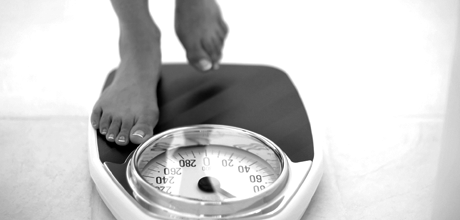
Rise and shine
Training under the sun raises your vitamin D levels, giving you more than just a mood boost. It supports the immune system and is essential in the absorption of phosphorus and calcium. It aids bone health, helps weight loss and is a crucial ally in fending off illness.
Sweat it out
By making your body work harder to keep cool, outdoor training can boost cardio fitness in as little as five days. There are two theories as to why this happens: that heat improves the bodies ability to deliver oxygen to the tissues that need it; and that it increases bloodflow, causing positive adaptation to our blood vessels.
Brighter minds
Get up from your desk and go outside at lunchtime. Breathing in fresh air improves your ability to think clearly, as well as helping to alleviate stress and anxiety. Up the ante with a group or partner workout: exercising with others releases serotonin – AKA the feel-good hormone.
Glow up
The combination of oxygen and sunshine acts as a kind of muscle Miracle-Gro. Breathing in fresh, outdoor air increases our blood oxygen levels, accelerating muscle repair. Plus, if your training routine feels stale, taking it outside can help you by firing up your motivation.
Better habits
Making gains in the sun could also help those who struggle not to devour double helpings of their post-workout refuel. To regulate temperature, your body cuts back on digestion, reducing your appetite. We are likely to rehydrate more often, too, and choose foods that compliment our training.






